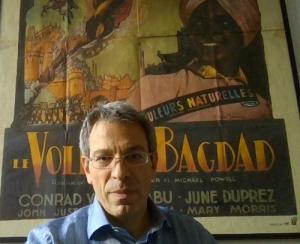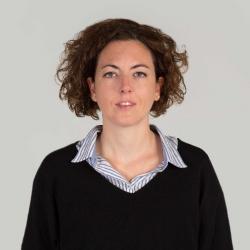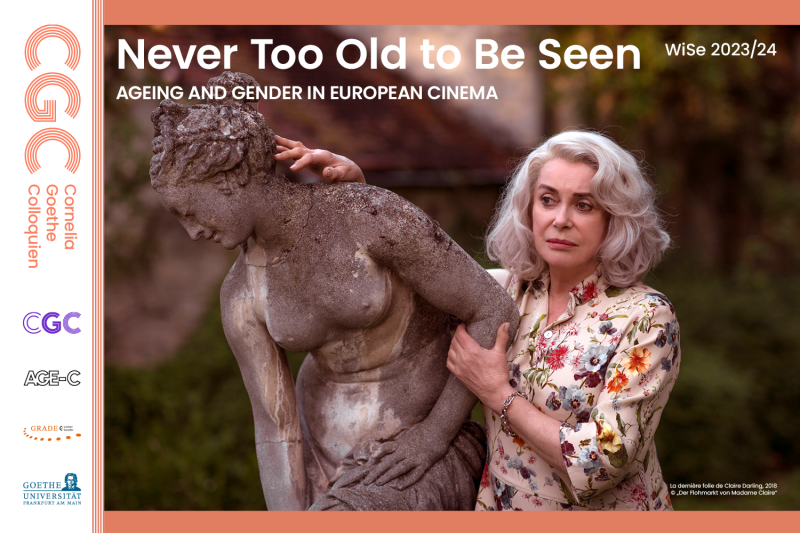Age has always been a factor of great sensitivity in the careers of screen actors. In 1957, Edgar Morin wrote that beauty and youth are the inseparable requirements of film stars. To preserve these valuable assets, individual talents and production companies go to great lengths, implementing an array of techniques that include make-up, cosmetic surgery, and CGI touch-ups. But how do young and old age look on screen? When does an actor become too old to play the part? Who gets to decide that, and based on which criteria? At a time when de-ageing AI allows 75+ stars like Robert De Niro, Samuel L. Jackson and Harrison Ford to play thirty, forty-years younger versions of themselves, what relation, if any, exists between an actor’s biological and screen age?
The lecture will explore these, and related questions, by focusing on the notion of screen age, which will be analyzed as a theoretical and an operational concept. Far from being a “natural” transposition to the screen of an actor’s inherent features, screen age is a culturally and socially constructed concept, which carries biases and bears problematic implications for the way we portray, experience and perceive age and aging in our societies. The intersection of age and gender will be especially addressed to illustrate how – consistently with Susan Sontag’s “double standard of ageing” – it is mainly female actors who are adversely affected by the representational biases inherent in the concept of screen age.

Prof. Francesco Pitassio is a professor of Film Studies at the Università degli Studi di Udine (Italy). He has authored and co-edited numerous publications in Italian and English on film theory, film acting and stardom, Italian and Central-Eastern European film history, documentary cinema. In 2015 he was Fulbright Distinguished Lecturer at the University of Notre Dame and, in 2021, Chaire Roger Odin at the Université Sorbonne Nouvelle-Paris 3.

Dr. Gloria Dagnino (PhD Università della Svizzera italiana, Switzerland) is a research associate at the Università degli Studi di Udine (Italy). She is also an adjunct professor at the Catholic University of the Sacred Heart in Milan. Her research interests include gender equity issues in the Italian film industry, the political economy of the audiovisual media, and regulatory, economic, and cultural practices around the media/advertising convergence.
The Cornelia Goethe Colloquia are an open discussion forum for interdisciplinary women's and gender studies. Interested parties are cordially invited!

